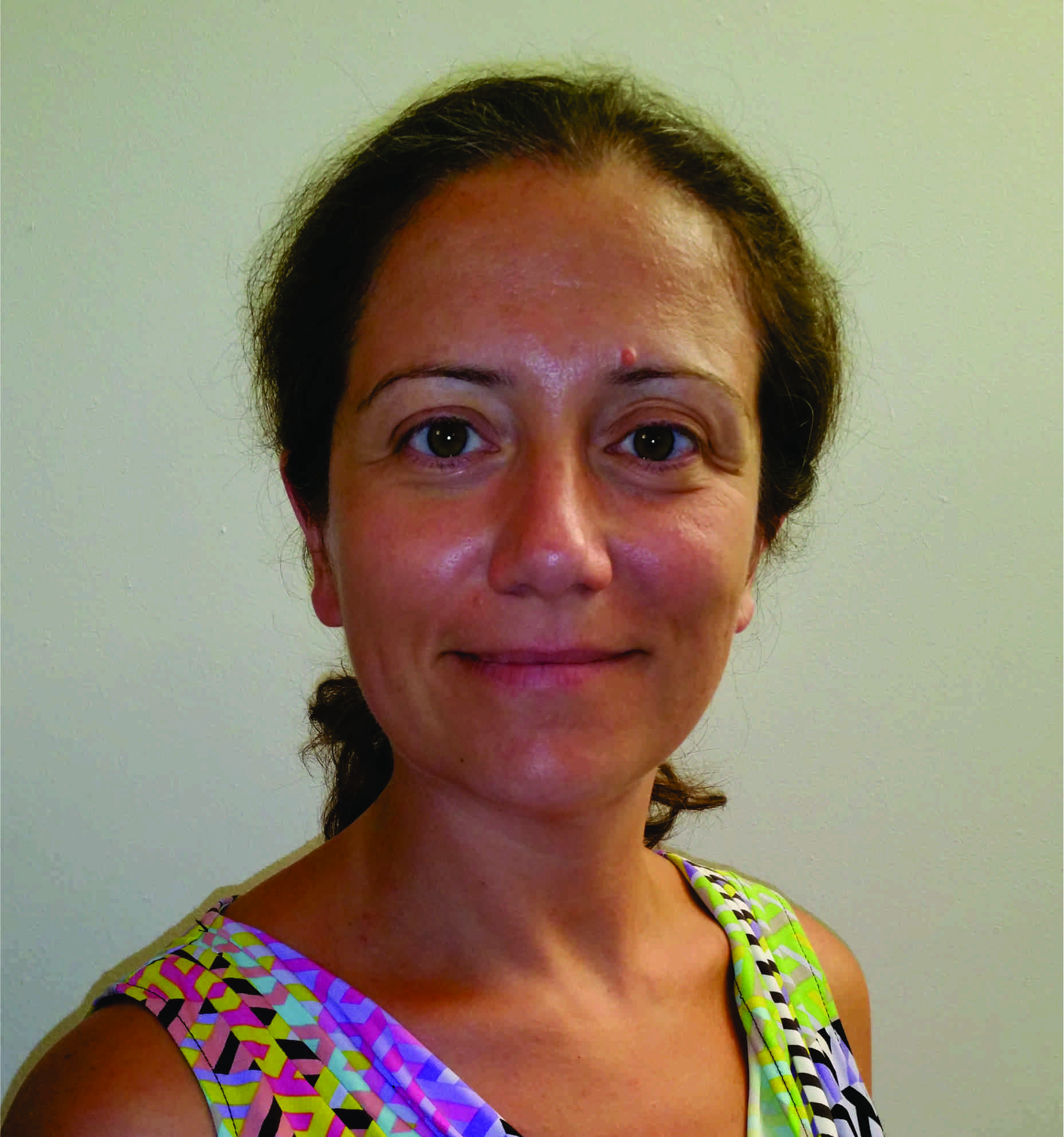
Luchini, Alessandra
Alessandra Luchini, PhD 
Associate Professor, Applied Proteomics & Molecular Medicine
George Mason University, VA
“Nanotechnology and Proteomics: Improved Diagnostics and Therapeutics in the Era of Personalized Medicine”
Alessandra Luchini is Associate Professor at George Mason University. Her research interests are focused on developing technologies that improve current diagnostics and therapeutics for devastating diseases including cancer, inflammatory and infectious diseases. Dr. Luchini authored peer reviewed publications in scientific journals in chemistry, nanotechnology and proteomics and is co-inventor in a series of issued and licensed patents covering her Mason nanotechnology research.
Dr Luchini is co-founder of Ceres Nanosciences Inc. that was created in 2008. In 2009, Dr. Luchini was awarded the Premio award for the top Italian scientist working in the US, Canada and Mexico and the Euwiin Gold Innovation in Science award. In 2011 Dr. Luchini was named as one of the top 10 most brilliant scientists by Popular Science. Dr. Luchini earned a degree in Chemical Engineering cum laude and a PhD in Bioengineering both at the University of Padova, Padova, Italy.
Conference Lecture Summary
Nanotrap Urinary Lyme Antigen Test – I will talk about the progress on conquering Lyme disease is severely hindered by the poor quality of existing diagnostic tests for Lyme. Patients with a missed diagnosis harbor Lyme that persists to invade brain, heart, joints, and other tissues. We also need a test to monitor if the disease is successfully treated.
Our Laboratory is dedicated to the development of a highly specific and sensitive urine antigen test for Lyme disease that can be used for diagnosis or monitoring therapy. We created a special nanotechnology, called the Nanotrap, that enables us to increase the sensitivity of our test one thousand times higher than previous testing methods. We are testing for regions of the Lyme surface proteins that are absolutely specific for the Lyme bacteria and detect all species and strains. We are also developing a tick panel test for other tick borne bacteria and viruses that infect patients. We have published our first clinical study and are we are now using our test in a nationwide clinical study.



